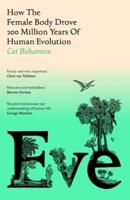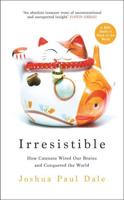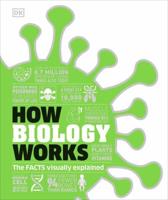Publisher's Synopsis
Enterococci are gram-positive bacteria with an aero-anaerobic metabolism. They are considered opportunistic pathogens that normally live in the intestinal flora, but can cause septicaemia, urinary tract infections, abdominal infections and endocarditis. They are considered to be responsible for more than 10% of hospital-acquired infections. The pathogenic power of enterococci is due to the presence of virulence genes which code for membrane proteins, toxins and enzymes. These are considered the virulence factors responsible for the formation of biofilms, adhesion, colonisation and destruction of target tissues, etc.









